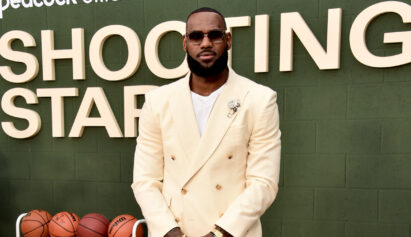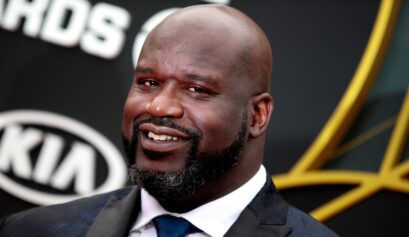Black Americans are using digital-only banks as their primary financial institution more than any other ethnic group in the U.S., a new analysis from business research firm Morning Consult found.

Morning Consult drew its analysis from a series of surveys between July 2021 and January 2022. The firm found that 14 percent of Black people said a digital bank was their primary banker compared to 8 percent of white people and 13 percent for Hispanics. Black people also outpace other ethnicities in having credit union accounts, the surveys found.
Charlotte Principato, a Morning Consult financial services analyst who authored the study, said the surveys mean traditional brick-and-mortar banks will need to step up their online features if they want to attract or keep Black customers. Principato also said more Black people are adopting digital banks because those institutions are doing exactly what consumers are desiring.
“Many digital-only banks have the expressed goal of reaching traditionally underserved populations, so it’s not surprising that they have been successful in serving and gaining primacy in the wallets of Black consumers,” Principato wrote in her analysis.
Digital-only banks are financial institutions that exist only online, do not have physical branches and offer the same services as institutions such as Chase, Wells Fargo or Bank of America. Both the number and popularity of digital banks — including Ally, OneUnited and Varo — have exploded in the past decade.
Black Americans like how digital banks integrate other financial apps that they use often — like Venmo and Zelle, said Kevin Cohee, One United’s CEO. The mobile apps from digital-only banks offer more functionality and new features are added more frequently than the apps from traditional banks, Cohee said.
“If you’re not using digital banking, then you’re not banking,” Cohee told Finurah.
Economic research over decades has shown that Black Americans have a scorned relationship with banks. Banks have denied would-be Black homeowners home loans and approved credit cards with higher interest rates when compared to other ethnicities. Because of these trends, thousands of Black Americans have left formal banking altogether.
A majority of unbanked and underbanked Americans are Black, according to Federal Reserve data from 2019.
A Brookings report published last year found that Black Americans do not get the same access to products and services from mainstream banks, in part because there are fewer branches in Black neighborhoods but also because payday loan and cash advance operations now dominate majority-Black cities.
Brookings researchers said in the report that digital banks play a role in making sure Black and Hispanic families have a strong financial future.
“Access to a wider array of financial services can mean lower interest rates and higher savings rates as banks compete to attract a customer base,” Brookings researcher Kristen Broady wrote. “In a world where services, both financial and non-financial, are becoming increasingly available online, one might argue that the physical presence of a brick-and-mortar bank branch in a neighborhood is no longer necessary.”
It’s very important that more Black Americans gravitate to digital banking in coming years, Cohee said, because that forces Black people to integrate technology into their lives more often.
“In order for us to overcome this racial wealth gap, we have to be more financially literate and technology is the key to making financial literacy possible,” he said. “Our future is integrally tied to how well we adopt technology.”




